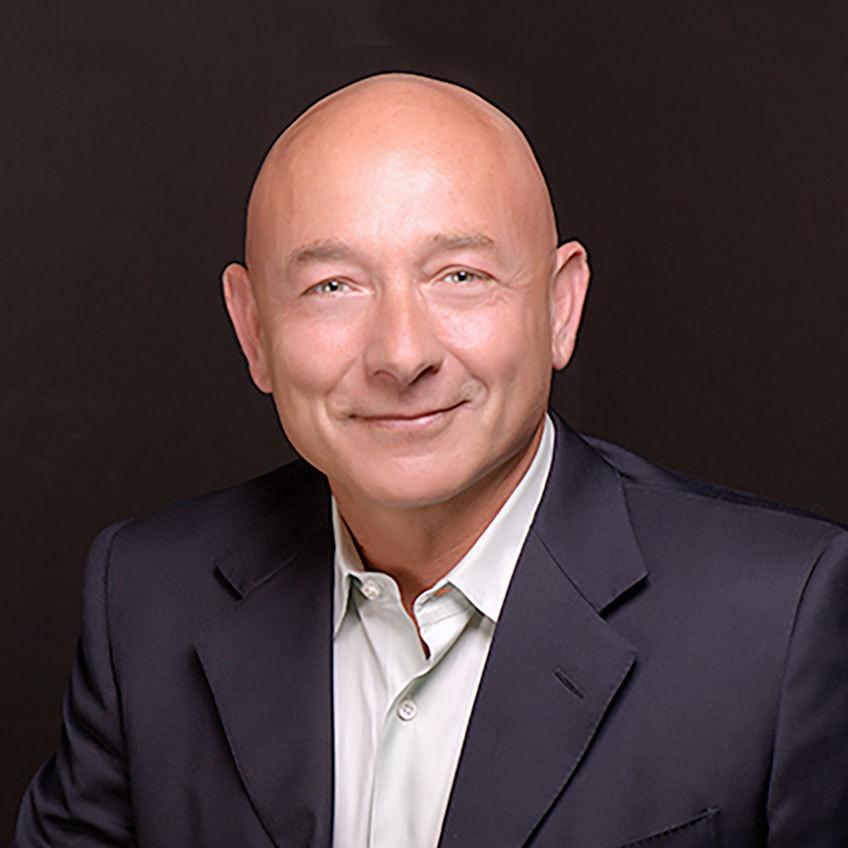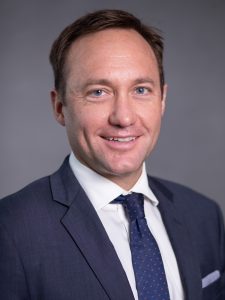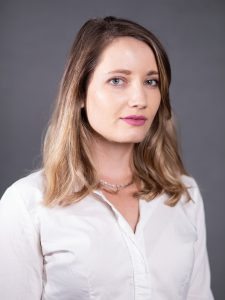As the global community continues to grapple with the coronavirus (COVID-19), the Atlantic Council is open for business. Our business, meetings, and events, however, are occurring virtually. For more information, please read an update from our President and CEO.
Event Recap
On April 29, 2020, the Atlantic Council Global Energy Center hosted Babur Ozden, Maana founder and chief executive officer, as part of EnergySource Innovation Stream, an online series that highlights new energy technologies with the potential to reshape the global energy system. In his presentation, Ozden relayed how digital knowledge technologies can boost energy companies’ value and profitability. In providing a specific case study, he discussed the role of Maana’s artificial intelligence (AI) capabilities in helping a client to streamline the shipment of two billion barrels of oil per year. Randolph Bell, the Richard Morningstar chair for global energy security and director of the Global Energy Center, provided introductory remarks and moderated the discussion.
To begin, Ozden briefly described Maana’s origins and work culture, as well as the specific case study he had chosen to highlight the firm’s engagement in the energy sector. He noted that COVID-19 has had a very limited impact on Maana’s work culture, as their offices across the world had already transitioned to telework prior to the onset of the pandemic. Maana’s flexible, remote operating structure, he claimed, has helped the company recruit the brightest talent from across the world. According to Ozden, many tech companies often name their AI systems after highly intelligent fictional and non-fictional characters like “Einstein” or “Watson.” Maana has followed suit, drawing inspiration from James Bond’s tool maker “Q” in developing its own AI application, “Maana Q.”
In applying Manna Q to their business operations, a major oil and gas (O&G) company, worked with Maana to create an intelligent knowledge application that optimizes shipments of liquid petroleum. Developing the application took a team of approximately ten people just over one year. Today, this client utilizes the application on a daily basis and measures returns on investment (ROI) in the tens of millions of dollars per year.
Before offering additional details, Ozden provided some context on AI parameters. First, he noted that AI is not a technology, but rather, a capability developed for a specific purpose. Ozden explained that AI falls under two categories—narrow (where AI is capable of recognizing a human nose in a digital photograph) and general (where AI is more complex and able to predict developments in the stock market, for example). While AI has the ability to automate jobs and replace workers, it can also augment the existing labor force by making human-led processes more productive and efficient. Ozden emphasized that for an application to be considered AI, it must be able to 1) observe its domain; 2) reason against itself; 3) make decisions; and 4) learn from outcomes.
Launching into his case study on maritime petroleum shipments, Ozden relayed the details of a successful project with a particular Maana client Maana’s client, an O&G trading company that leases oil tankers on the spot market via long-term contracts. As a company responsible for shipping four to six million barrels of oil per day, this trading company must constantly adapt to changes in the supply and demand of oil, tanker location, weather, and geopolitical climate. As a result of this highly dynamic environment, the client needs access to data coordinated from internal and external sources. In an effort to streamline operations, the firm partnered with with Maana to build an application called Lighthouse, which displays past, present, and future timelines of maritime vessels, routes, and cargo. Using existing trade data, the Lighthouse application is able to recommend optimal shipping routes that provide end-users with the best outcome across different scenarios.
This 360-degree view—or digital twin—of the client’s entire shipping domain offers a range of capabilities including predictions of vessel schedules, delays, and capacities, as well as simulations and recommendations for the best times and locations for refueling, loading, and unloading of petroleum products. This “digital twin” automatically archives all shipment-related events and uses this data to predict future events.
To conclude, Ozden described the functionalities and efficiencies that the client has been able to achieve with Maana Q. With an eye on impact, he noted that Maana Q would be responsible for streamlining the shipment of approximately 10 percent of global petroleum supply. While O&G companies were already relatively far along in their adoption of narrow and—in some cases—general AI, this particular client anticipated that integrating Maana Q into business operations would result in at least a 4 percent reduction in cost.
Featuring

Babur Ozden is founder and chief executive officer of Maana, the knowledge platform that accelerates enterprise profitability. Maana is backed by Chevron Technology Ventures, Frost Data Capital, GE Ventures, Intel Capital, Saudi Aramco Energy Ventures, and Shell Technology Ventures. Ozden served as the president of DataCert, the largest SaaS legal billing and payment provider in the world (acquired by Wolters Kluwer WLSNC:NA); and was the founder and chief executive officer of Superonline, the largest Internet service provider in Turkey (acquired by Turkcell NYSE:TKC). He founded TurkishSpark, a nonprofit ambition helping immigrant engineers to become American entrepreneurs. Ozden holds an M.B.A. from Rice University, and a Bachelor of Arts degree in computer science from the University of Texas at Austin.
Related experts
Learn more about the Global Energy Center

The Global Energy Center develops and promotes pragmatic and nonpartisan policy solutions designed to advance global energy security, enhance economic opportunity, and accelerate pathways to net-zero emissions.

